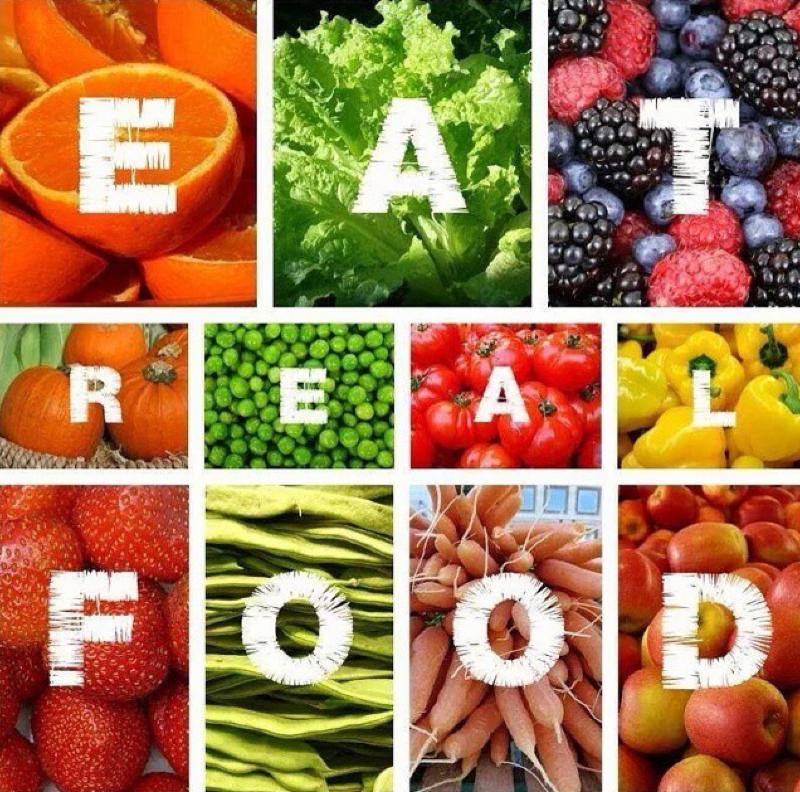Did Your Diet Explode on July 4th?

Here’s what to do if fireworks weren’t the only thing to blow up over this holiday week.
Acknowledge your slip up and move on. What’s done is done. Acknowledge that everyone, including you, is going to slip up once in a while. You’ll only set yourself up for personal disappointment if you expect perfection 100% of the time. If you live a generally healthy lifestyle, a short period of veering off track won’t turn you into an out of shape slug. Beating yourself up and wallowing in guilt will only prolong your episode and put more time and space between you and your overall healthy habits. In fact, a negative mindset has just as detrimental an effect on your body as eating bad food.
Did Your Diet Explode on July 4th? Read More »



